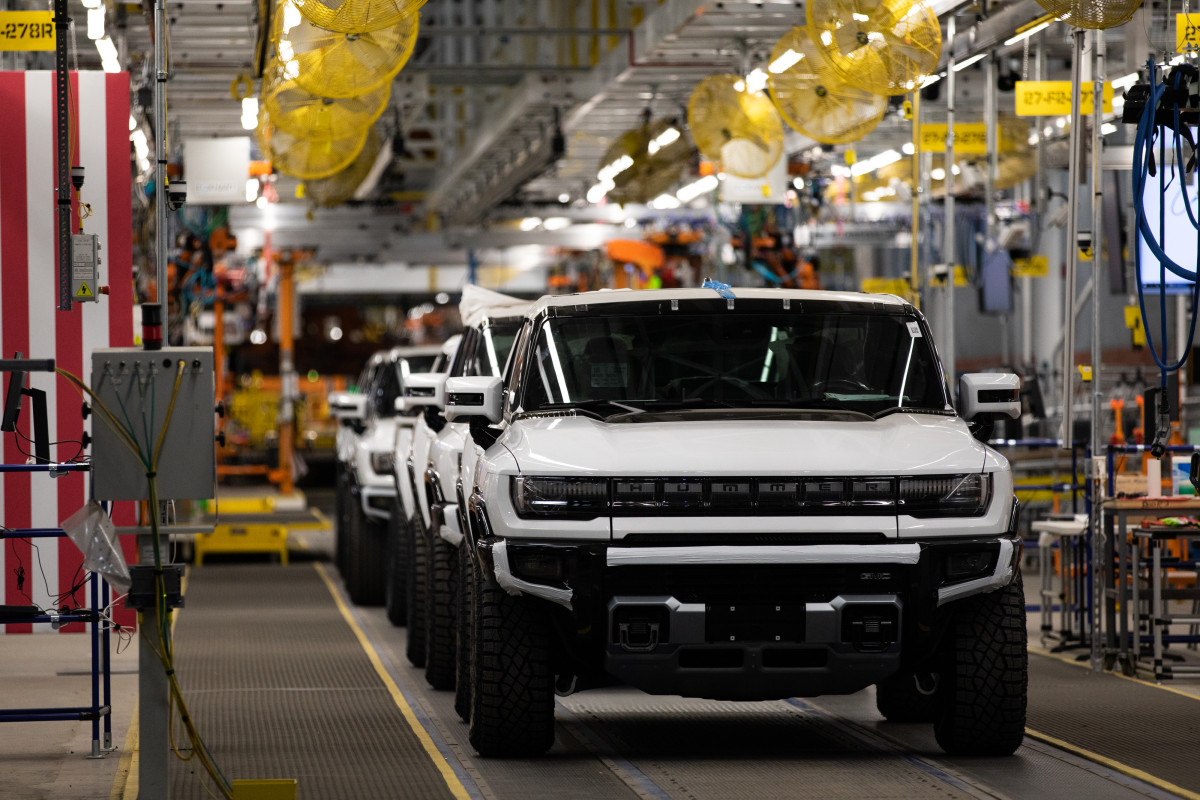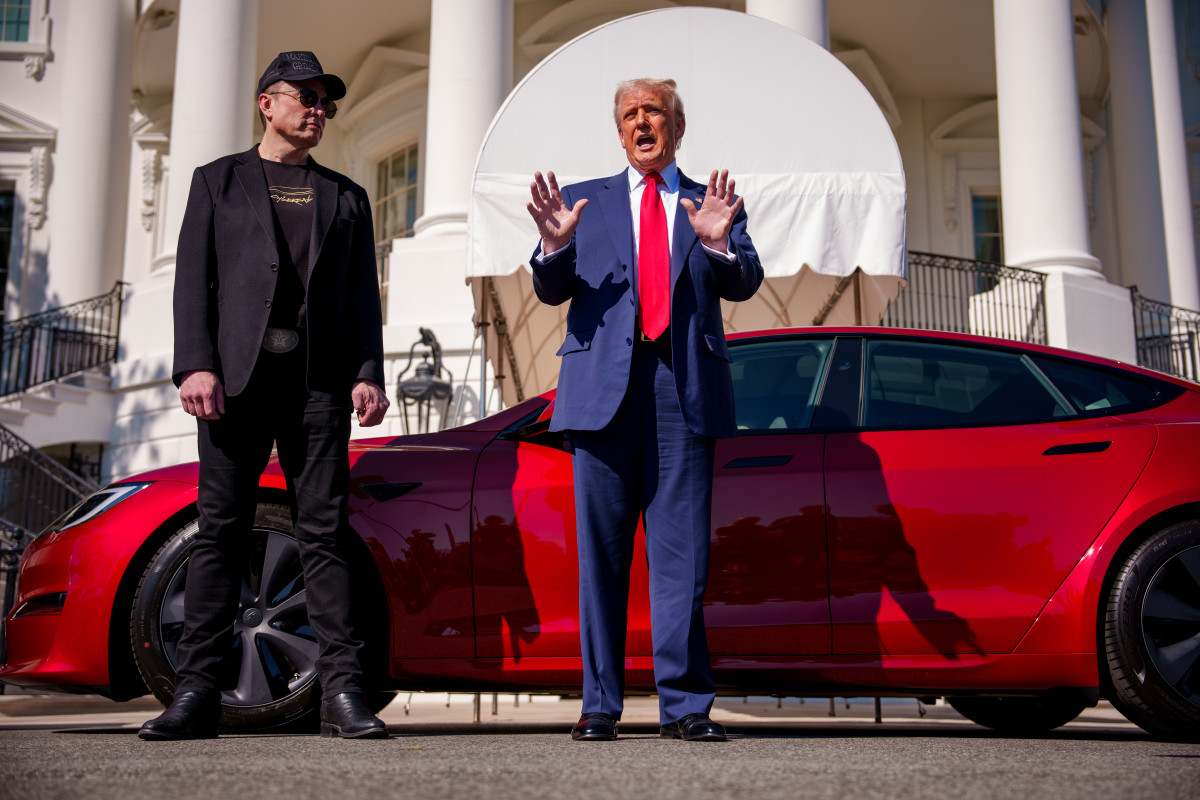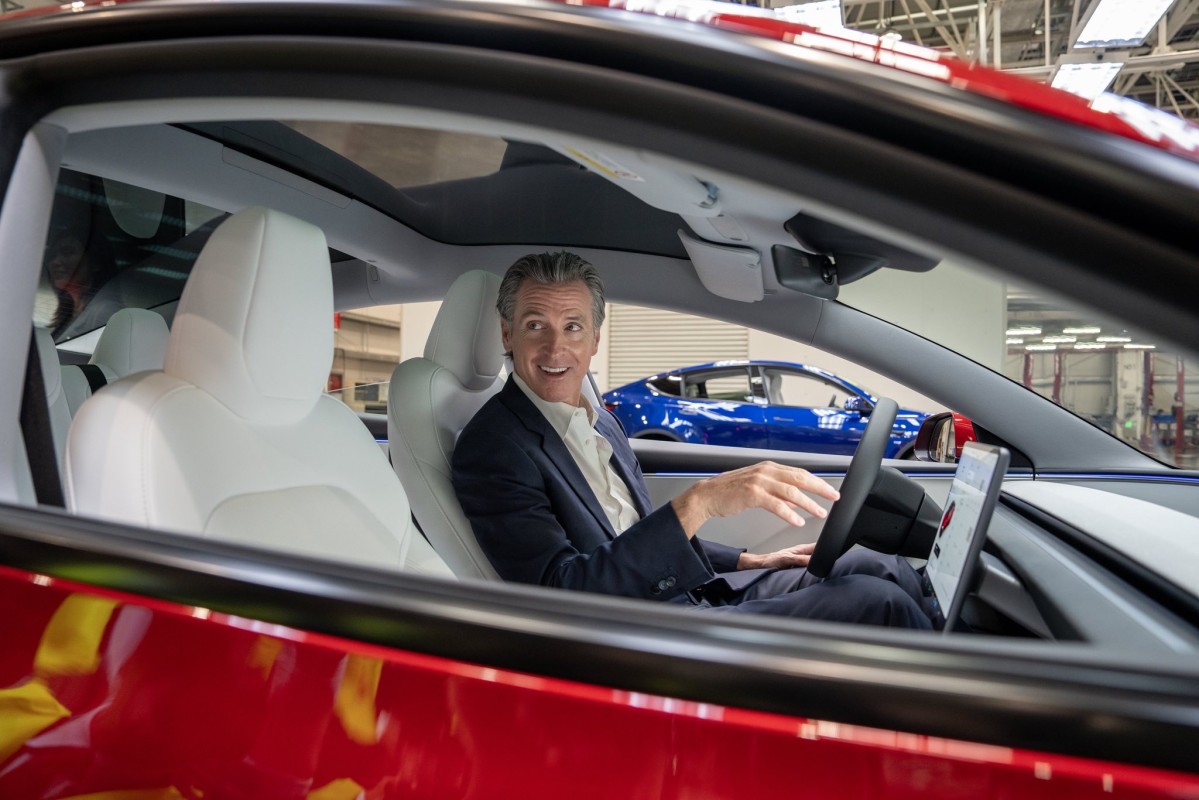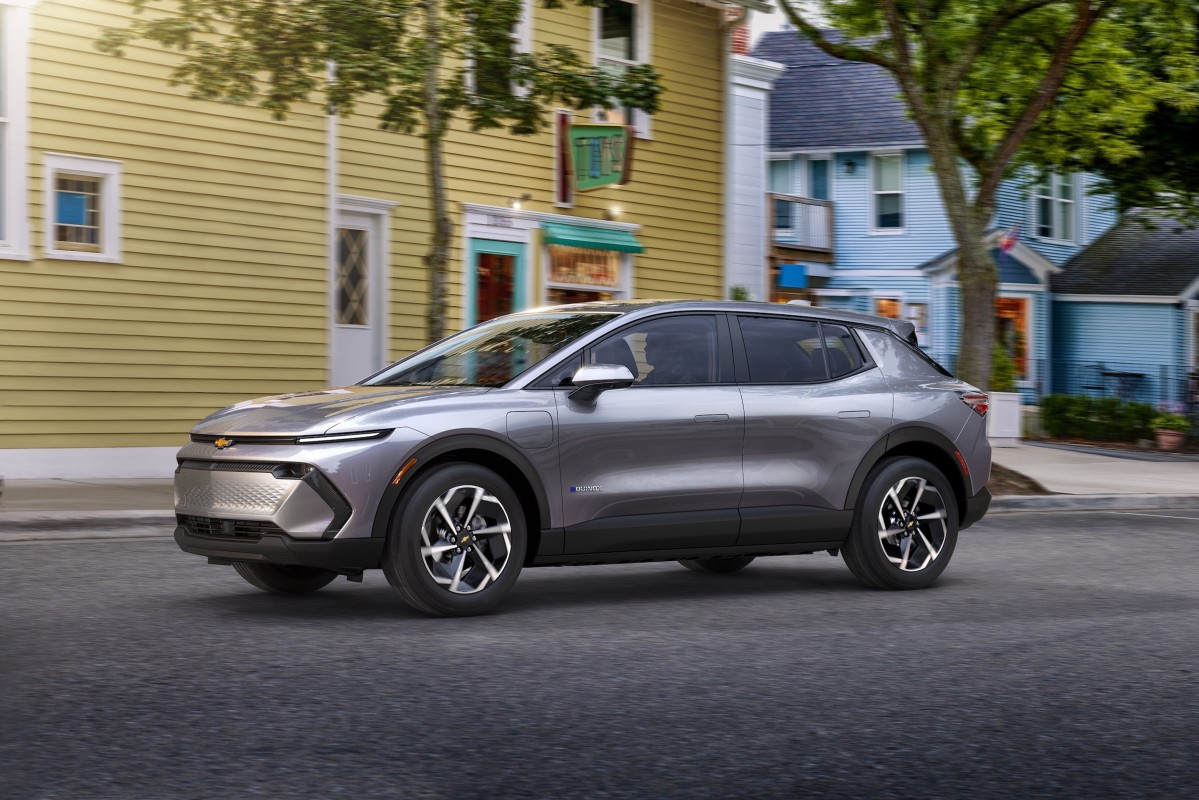California’s EV Setback

So check this out, the U.S. Senate just threw a wrench in California’s gears by voting to block their bold move to phase out gas-only cars by 2035. This decision isn’t just a hiccup for California; it could ripple through the whole country. This decision throws out the EPA waiver that was letting California push their strict emissions targets. Under that plan, by 2035, 80% of cars sold would’ve been electric or plug-in hybrids.
Impact on Automakers

Automakers, including General Motors, Toyota, Volkswagen, Hyundai, and Stellantis, are probably breathing a sigh of relief. These folks have been worried that these mandates were way too steep to hit and could mess with their balance sheets. The Alliance for Automotive Innovation described the EV mandates as a financial bind that would need automakers to buy compliance credits from Tesla, or sail through rough waters financially.
While GM seems to be welcoming this decision, environmental advocates are up in arms. They’re concerned that this is a step back for clean energy, and fear that it’s delaying the transition against the backdrop of changing consumer preferences and limitations of existing infrastructure.
Legislative Changes

But that’s not all. The House tried to repeal some major EV incentives too. They’re aiming to end the $7,500 tax break for new EVs, slap an extra $250 annual fee for EV owners, and even phase out battery tax credits by 2028. This might slow down the drive toward electrification just as it was gaining momentum, given the financial and political shifts.
Environmental Concerns

Environmentalists argue that we need these stricter measures to curb emissions as pollution grandly harms public health and contributes to climate woes. California’s aggressive standards have historically been viewed as a high bar for the nation. It’s part of why environmentalists are uneasy—they think broader adoption of stricter policies is necessary and that California was leading the charge. Now, the initiative might struggle to push its goals on a state-by-state basis without that federal backing.
Final Thoughts
This Senate vote is a significant shift. We may see automakers relax a little as they adapt to a less aggressive roadmap. But don’t bet against EVs just yet—they’re part of a global trend that isn’t stopping anytime soon. The tech and consumer demand will keep nudging us along the EV path, even if lawmakers throw a few bumps in the way now and then. It’s a dynamic situation where the road ahead is neither clear nor paved without turmoil, but the journey toward electrification still seems inevitable.
Tariff Threatens Cars
67 Ghost Revamp
Speedtop Rolls Out
Emissions Showdown Ahead
Street Trucks Roaring